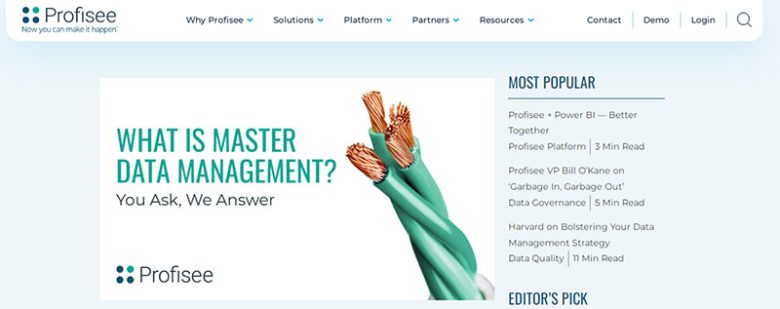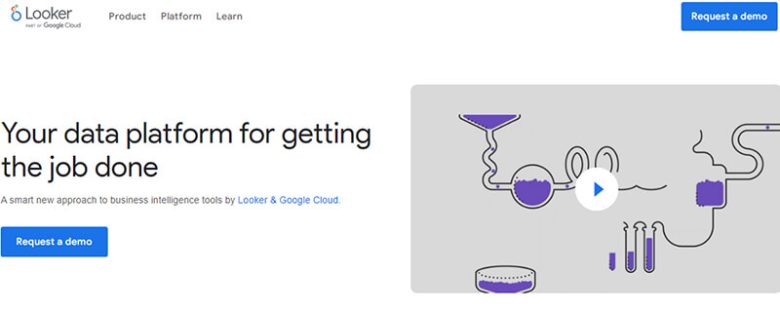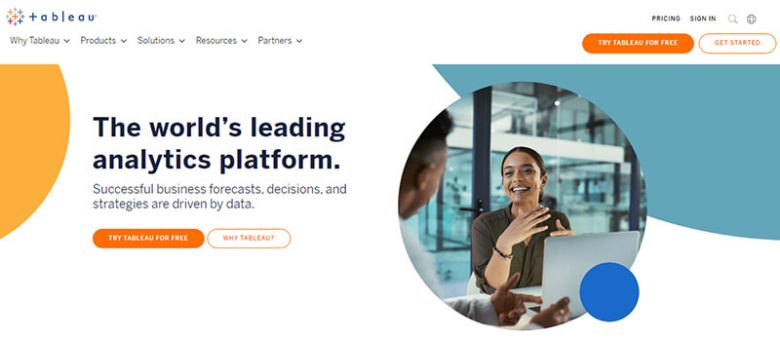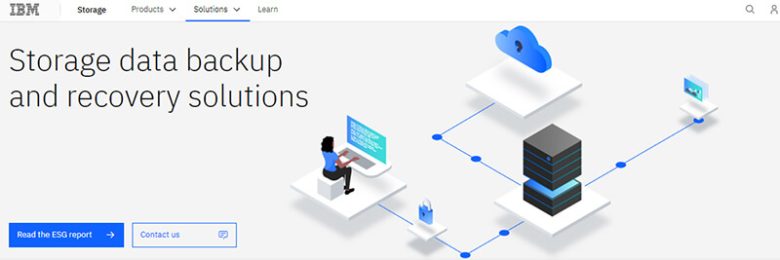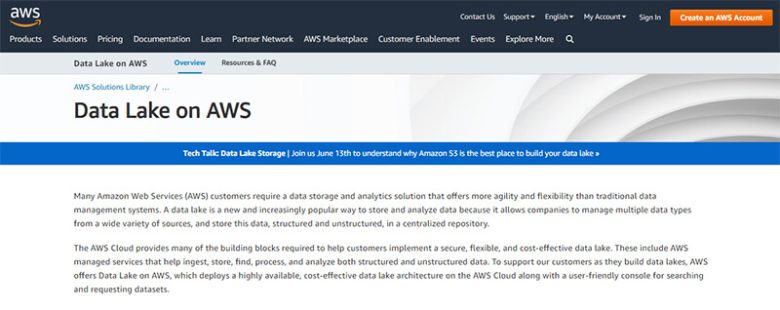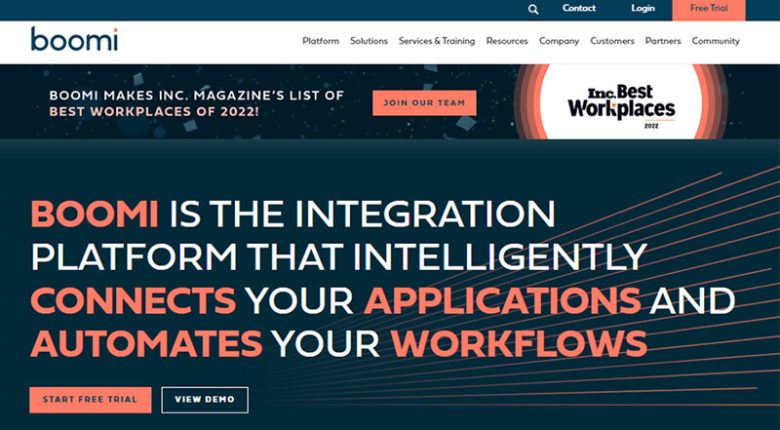Data analysis and management refers to combining practices, processes, procedures and concepts including associated systems. They help businesses optimize available data management tools. Generally, the capability to extract useful information consistently and accurately is crucial to improve productivity, revenues, operations and derive insights. Hence, businesses of all types do require investing in relevant tools to help manage increasing data volumes. Large amounts of unstructured, structured data are being produced by businesses. This means, organizations generate, gather or collect data in large volumes from diverse sources.
List of Data Management Tools to Use
1. Profisee:
This multi-domain master platform comes with easy setup process. Its integrated, flexible solutions offer numerous data management functions. It also supports a variety of formats, sources besides ensuring efficient organizational workflow and it has flexible modeling, digestible reports, presentation, data analytics. It also offers enhanced event and record management and it is also highly scalable.
2. Looker: Data Management Tools
This big data analytics and business intelligence tool offers amazing reporting and visualization benefits. It allows you to analyze, explore and share easily different types of reports in different formats to suit varying needs. Looker BI, a web-based, cloud tool gathers and analyzes different data types from varying sources.
3. Panoply:
Using this cloud-native tool allows accessing data in a single place. Businesses can synchronize, store and combine data from 80 different sources. Also is provided data visualizing ability with different business analytic and intelligence tools. This business process management tool comes with numerous features.
4. Tableau:
This interactive visualization tool helps businesses to view and understand better their data. It ensures gaining new insights quickly and easily. Raw data is converted by BI platform to analyze and understand format. It offers data collaboration, data blending, smart real-time analysis besides actionable dashboards and worksheets. It is indeed a wonderful investment strategy.
5. IBM InfoSphere Info Server:
It can be scaled on-premise. Businesses using cloud ETL platform can explore, understand and analyze their data. Functions include generating, managing, transforming and sharing data. It also helps monitor or track usage, ensure compliance and enforce policies. It also manages all aspects concerning data ecosystem.
6. MS Power BI: Data Management Tools
It offers insights and analytics, thereby enabling teams to take data driven decisions quickly. Being a scalable tool, this business process management tool helps convert data into visuals to work across diverse devices, on-premise and on cloud environments. It also offers customized reports and dashboards to support collaboration.
7. Oracle Enterprise Data Management:
This platform can be termed to be a comprehensive, reliable solution having numerous features. It enables building enterprises, managing data-driven projects. The data analysis tool also ensures delivering consistent, consolidated and authoritative master data used for operations and analytics. If offers easy reporting and real-time analysis, thereby ensuring teams derive actionable insights.
8. Data Analytics and Lakes on AWS:
This Amazon platform offers wide range of functionalities and tools to develop, manage and optimize data lake meant for analytics. This tool also allows analyzing, storing and moving a variety of data volumes and types. AWS data lakes helps team to combine date properly derived from various sources.
9. Dell Boomi:
This flexible, intelligent investment strategy tool allows users to quickly and easily unite applications and data. This cloud-native platform is done across diverse platforms, channels and devices. It is scalable, secure and easy to deploy. Advanced features are offered like great insights, intuitive interface, built-in intelligence and others to empower businesses to manage data.
10. Informatica PowerCenter: Data Management Tools
This ETL tool offers end-to-end data integration platform and has variety of features to transform and integrate fragmented, disparate and raw data. It gets converted to complete, superior quality, valuable, business-ready insights. Being highly scalable, it can meet growing data volumes, business needs and complexity.
Getting to know the above data management tools in details will help you to select the most appropriate one for your business.


